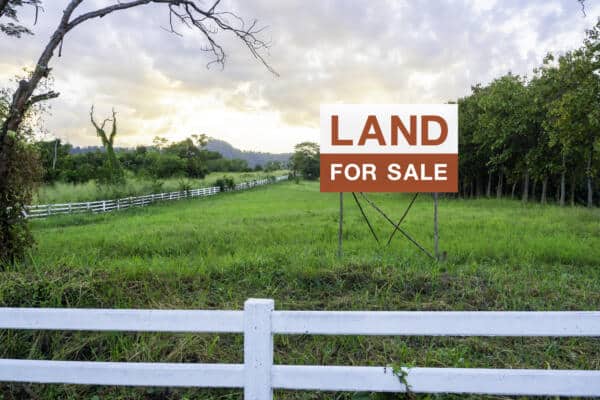Hot Topics at Wilson Browne
Latest News News
-
Overage Agreements
When selling land, its full value may only be realised in the future. Where development is a realistic possibility, an overage agreement allows landowners to benefit from any increase in value after a sale has completed.
-
Protecting and Exploiting Your New Mobile App
So, you’ve developed a new and novel mobile app and find yourself wondering if you can protect and make money from it.
-
A Lease Of The Reversion VS A Reversionary Lease: Why It’s Important To Know The Difference
When it comes to business leases, the possibilities are endless and such leases can take on various forms. With each of those forms comes a distinctive set of legal rules and formalities which must be complied with.
-
Types of Employment Contracts
A brief guide giving an initial overview on the 4 types of contract that organisations typically use.
-
Introducer Agreements – When To Use Them And Why
Introducer agreements can help businesses to drive growth grow by increasing sales of products or services into previously untapped markets on a low-risk and cost-effective basis.

-
New Year, New You? Divorce Preparation: The Christmas Checklist.
Steps you can take over the festive period in contemplation of or to prepare to seek advice about initiating the process of legal separation on 5th January 2026.

-
Wilson Browne Solicitors Secures Re-Accreditation for Wills and Inheritance Quality Scheme
Wilson Browne Solicitors is pleased to announce that the firm has been successfully re-accredited under…
-
Can Someone With Anorexia Refuse Treatment?
In the UK, the legal question of whether individuals with anorexia can refuse treatment has been addressed in several recent cases, highlighting the complex interplay between autonomy and protection.
-
NHS Continuing Healthcare – Unfair And Inconsistent
NHS continuing health care provides funded health and social care support for people with very complex needs outside of hospital.
-
Child Arrangements at Christmas: The Legal Position and Tips for Successful Co-Parenting
How you can manage contact and handover arrangements over the festive period and what we can do to help you.








